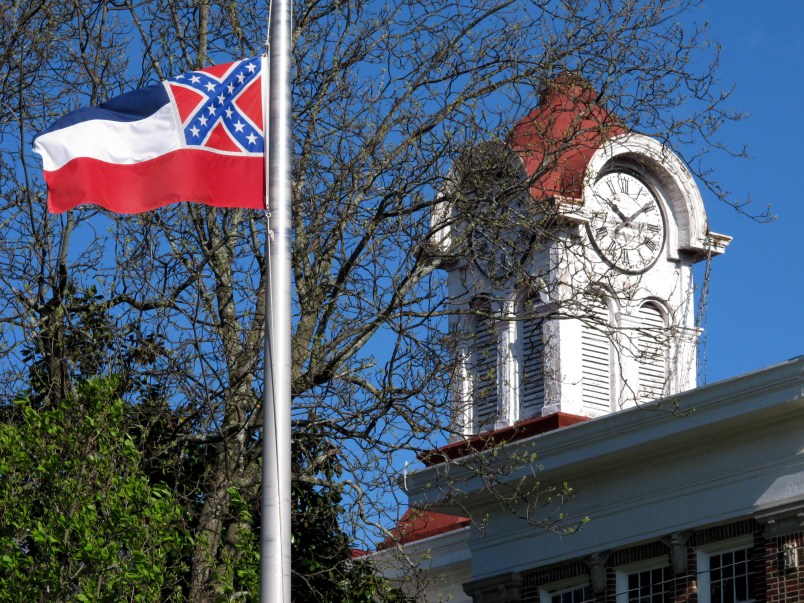There are so many threads of this ugly and increasingly bizarre (three scandals at once) set of scandals in the upper ranks of the Virginia state government. But one is the proximity of these two events to the end of Jim Crow in the South. Before delving into this, let me stipulate that by saying there were lots of racist attitudes in the 1980s I’m not saying there aren’t a lot today. I am trying to make a different point. These events happened in the early 1980s. The Civil Rights Act of 1965 was 15 years or so earlier. Brown v Board was almost thirty years earlier. But actual desegregation, even de jure, let alone de facto desegregation was accepted by the courts as a years long process. Basically the de jure end of Jim Crow had only happened maybe 15 years or so earlier. To place ourselves in time, it’s like looking back at the 2004 presidential election day. In other words, just a short time ago.
I’ll give you another example. Back in the 1990s I was reading a political science book about the post-Jim Crow South. One of the questions in that book was how supporters of segregation had remade themselves in an era in which at least de jure segregation and Jim Crow was officially outlawed and at least supposedly socially stigmatized. The big picture as we know was that those people, mostly former Democrats had repackaged themselves as conservative Republicans. But one of the questions in that study was whether they were simply racists or whether they supported something called “racial conservatism.” This was defined as a general belief that the races should remain generally separate, as far as the law would allow, and that traditional racial mores and mores between the races should be preserved. I remember this pretty clearly a quarter century later, even though I’ve never read a lot of academic political science, because “racial conservatism” definitely sounded a lot like racism.
To be fair to the author, whose name I don’t remember, he definitely seemed to think so too. Or at least the subtext of the book did not seem to be defending the concept. The point is that the concept had to be taken seriously in an academic context, even though it was the thinnest repackaging of well … racism. Or to be more clear, it was a fairly thin repackaging of the proposition that ‘Yes, black people are allowed to vote now and laws discriminating against black people won’t stand up in court. But we’ll do everything we can within the law to maintain the current racial hierarchies and that it’s right and sensible that we should do that.’
Let’s jump forward twenty years from the early 80s to 2002 when Trent Lott notoriously praised Strom Thurmond, then still alive and on the verge of retirement, for his explicitly pro-segregationist break away run for President in 1948. That ended Lott’s run as Senate Majority Leader. But at least at first, it didn’t occur to anyone that that was a problem.
At some level it should not remotely surprise us that ten or fifteen after the formal dismantlement of the southern system of apartheid that unreconstructed racist beliefs were still totally pervasive. They’re still widespread of course, in some ways remolded and re-fashioned, in other ways more bold and explicit than they were a decade ago. But the mainstream political dialog in the US has always taken a kind of done and done attitude toward the end of formal apartheid in the United States was or should be basically the end of the story, when that was never going to be the case. African-Americans have much less sense of surprise than white Americans for obvious reasons.
There was never any American equivalent of the South African Truth and Reconciliation Commission, or reshuffling of the balance of property and political power in the South, beyond the vote, and that obviously in an imperfect form. This is obviously a vast topic I have no good answers to. Race, age and a lot of other things place obvious limits on my own perspective. My point here is that to the extent that anyone is surprised that young men or teens in the early 80s were dressing up in blackface or taking a jocular attitude to KKK, that’s a product of at least white America’s collective amnesia and denial about how the Jim Crow system in the South ended and the incompleteness of the process that brought it to an end.






